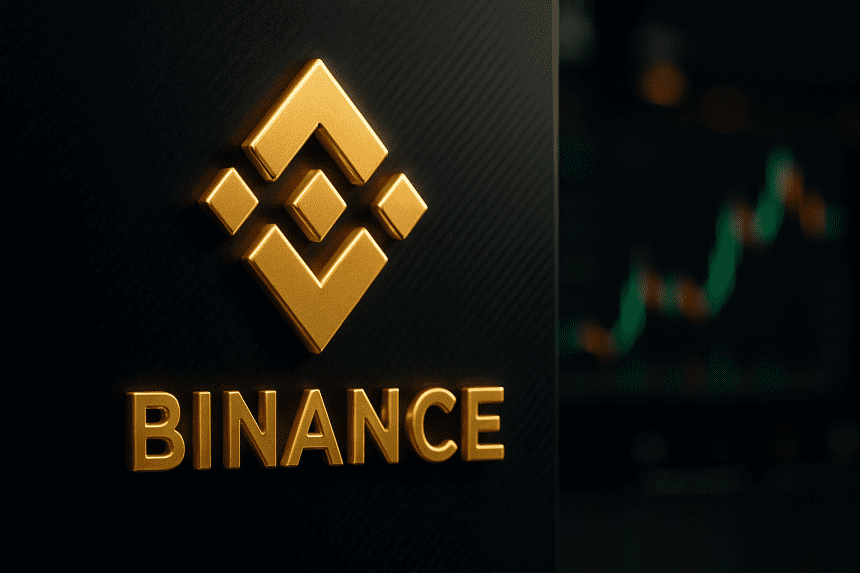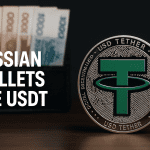Crypto’s buzzing again but not for the usual Bitcoin reasons. Nope, this time it’s France turning up the heat on Binance, and the entire industry’s watching. Thought regulators had cooled off? Not even close. France’s financial crime units are digging deep, and the vibe is tense. So what’s actually happening? Why does this matter to you or anyone trading crypto? Because this could reshape the future of Web3 in Europe and beyond.
Back in January 2025, French prosecutors and the SEJF announced they were officially investigating Binance for serious stuff: money laundering, illegal operations, and tax fraud. They didn’t just send letters they raided the Paris office and left with boxes of documents. The kind of scene you don’t fake.
The big issue? Investigators think Binance might’ve knowingly looked the other way. That’s “aggravated” money laundering in French legal speak. And apparently, Binance was already doing business in France before getting official approval in 2022. Risky move. Maybe even reckless.
If France proves its case, Binance could face some real pain huge fines, bans, maybe criminal charges. And since France sits in the EU’s MiCA framework, whatever happens there could echo across the whole continent.
Binance’s story in France started strong. It grew fast, got licensed, then the raids came. Now, two years later, it’s fighting to keep its reputation. And beyond the laundering claims, there’s the tax mess missed reports, unpaid VAT, shady profit records. France wants every euro accounted for, and they’re not playing nice.
This isn’t happening in a vacuum either. The SEC, FCA, BaFin, Belgium they’ve all had their turns clashing with Binance. Each time, the company pulls out of a market, claiming to “focus elsewhere.” But those exits paint a different story.
For users in France, things could get bumpy. Expect tighter rules, slower withdrawals, and maybe tax letters landing in mailboxes. The market will wobble, traders will panic, and some will drift toward DeFi it’s a chaotic circle, but somehow fitting for crypto.
People are split about it all. Some say regulators are choking innovation; others think Binance is finally getting what it deserves. Honestly? Both sides have a point. But one truth stands out: the carefree crypto days are over. If you’re serious about this space, follow the rules, pay your taxes, and use licensed platforms. It’s not as fun, sure but it’s survival.
Binance isn’t going anywhere just yet, but the cracks are showing. Over the next year or two, expect fines, leadership changes, maybe even a new business model. France’s probe isn’t just a scandal it’s a turning point. The Wild West era’s fading, and a more mature Web3 is finally stepping in.






















